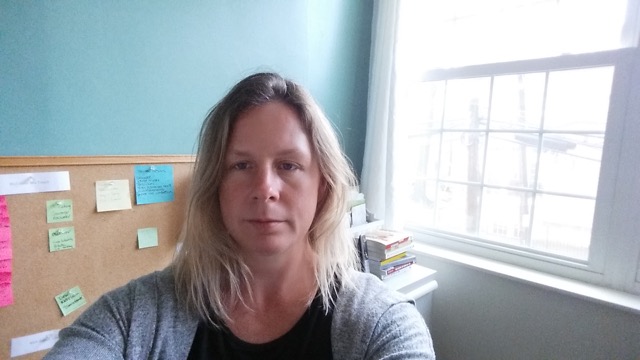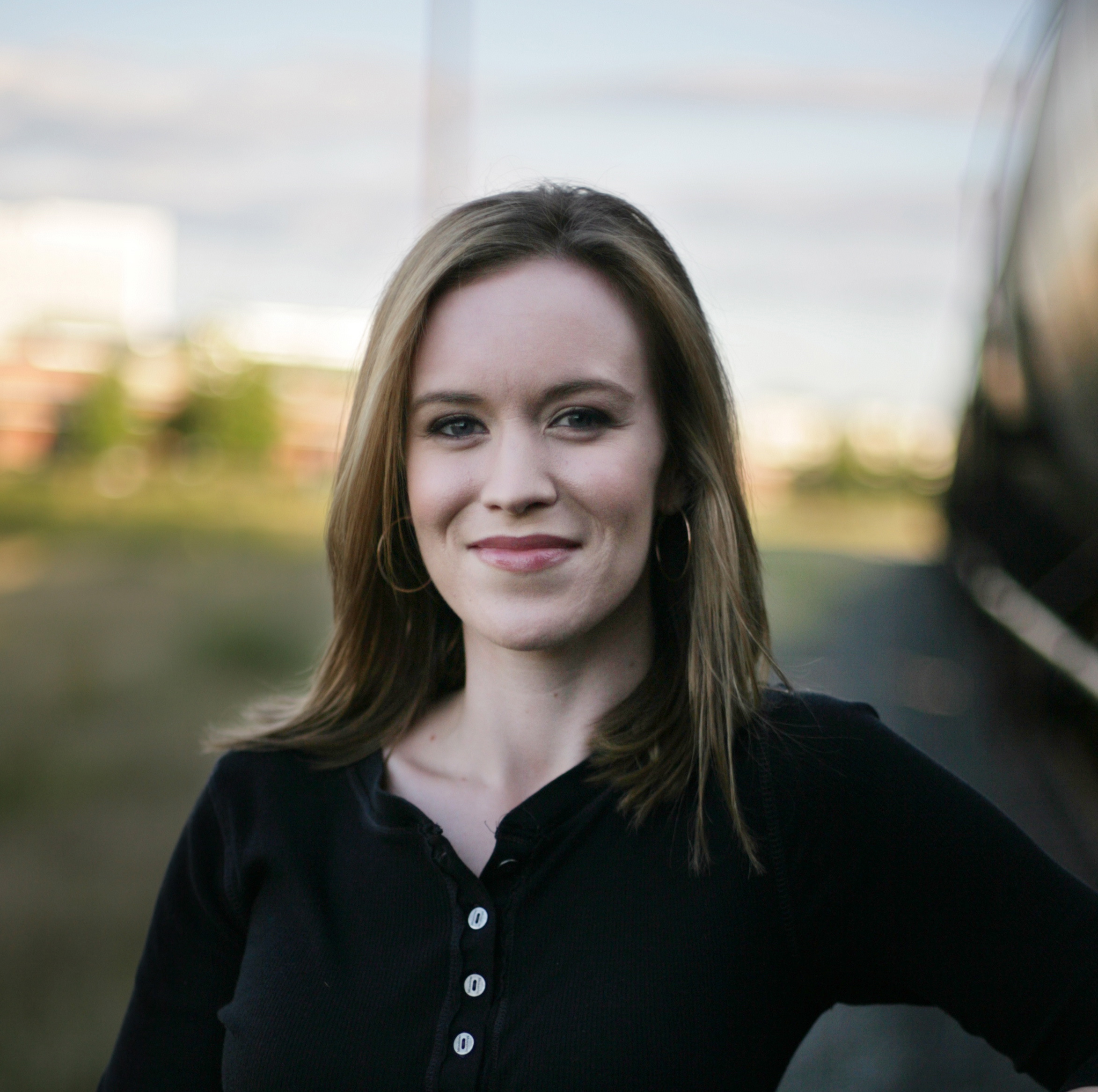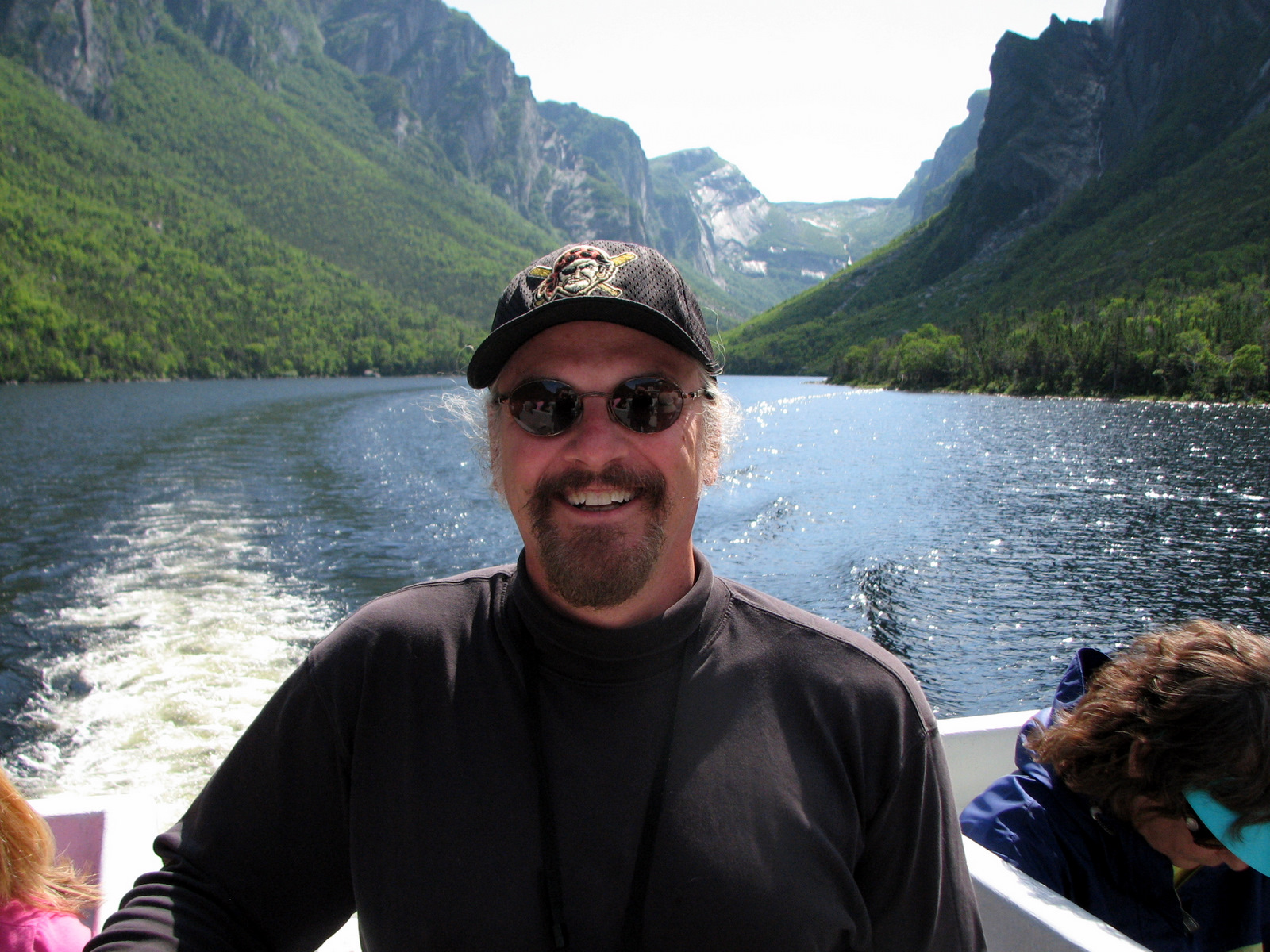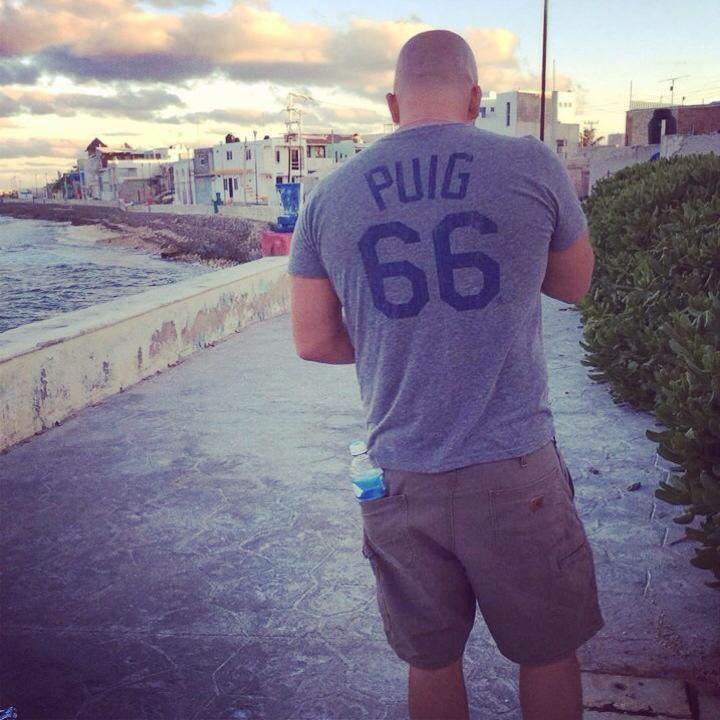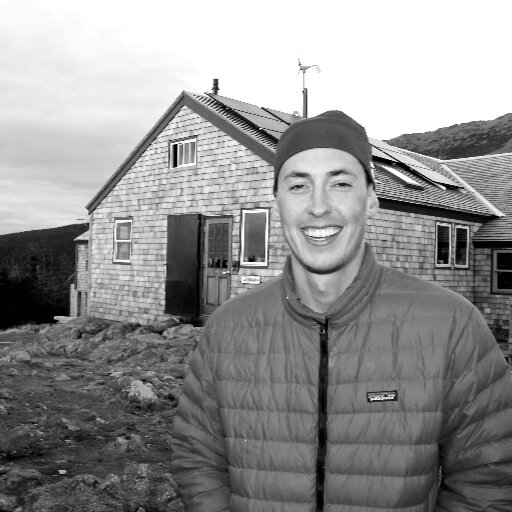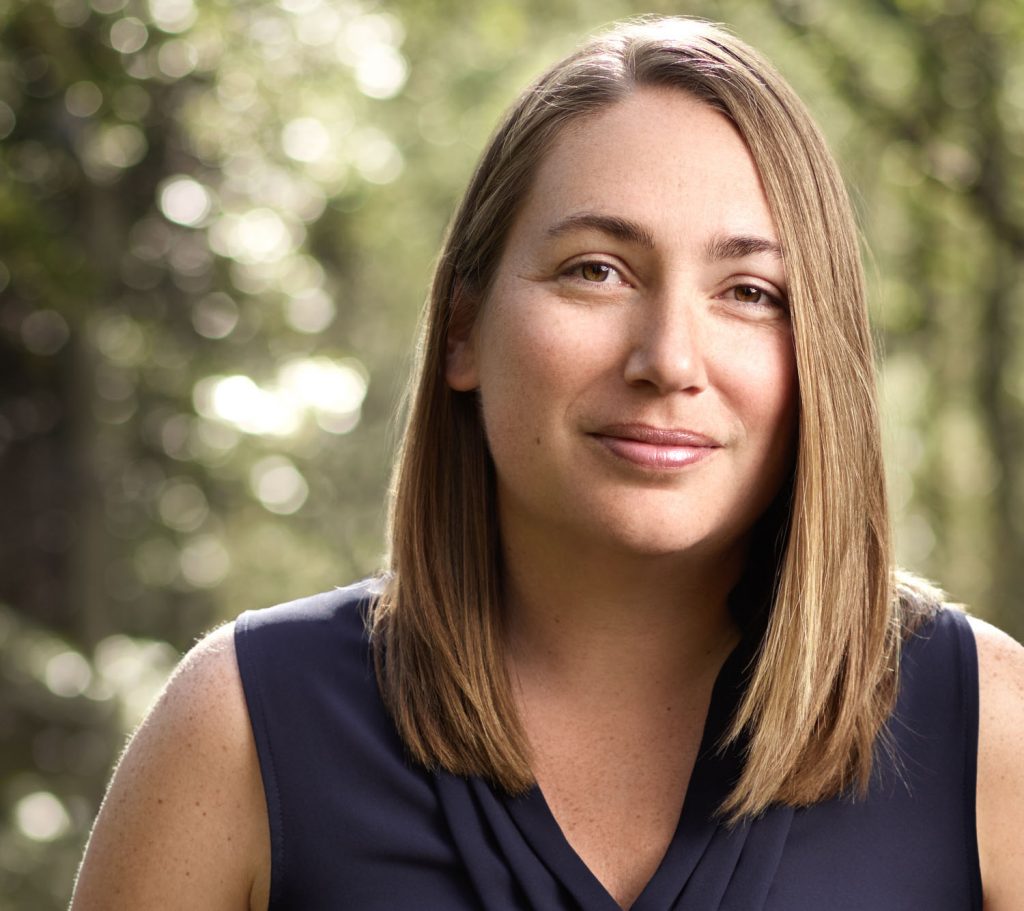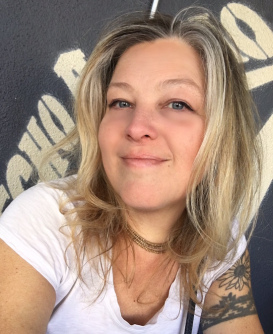
Tweetables by Shawna Kenney:
“The punk scene became a pre-Internet web of people for me to connect with.”
“Like any reader, I liked that [words] could take me away.”
“I’m much better on the page than I am verbally.”
“I always wanted to be Hunter S. Thompson without the drugs.”
“It’s not like I pitch an outlet and sit there waiting hopefully.”
“There’s no one right way to do your art.”
Shawna Kenney, author, writer, teacher, coach, editor, joins me on The Creative Nonfiction Podcast to talk about her origin story as a teenage fanzine founder, punk rock, and her delightful short essay “Never Call Yourself a Writer, and Other Rules for Writing,” a brilliant piece of satire.
She grew up in a conservative family in small-town Maryland, so the nearby punk scene in Washington D.C. held tremendous appeal. “I always wanted to be Hunter S. Thompson without the drugs,” Shawna tells me.
Her work has such an edge that I was surprised that she didn’t have that edge in conversation. “I’m much better on the page than I am verbally,” she says, which isn’t true at all. She’s great on the page, and she’s a great conversationalist.
Her work has appeared in Creative Nonfiction, the New York Times, Vice, and Playboy, just to name a few. Be sure to follow Shawna on Twitter @ShawnaJKenney and go to her website to read more about her and her work.
Thanks for listening!
